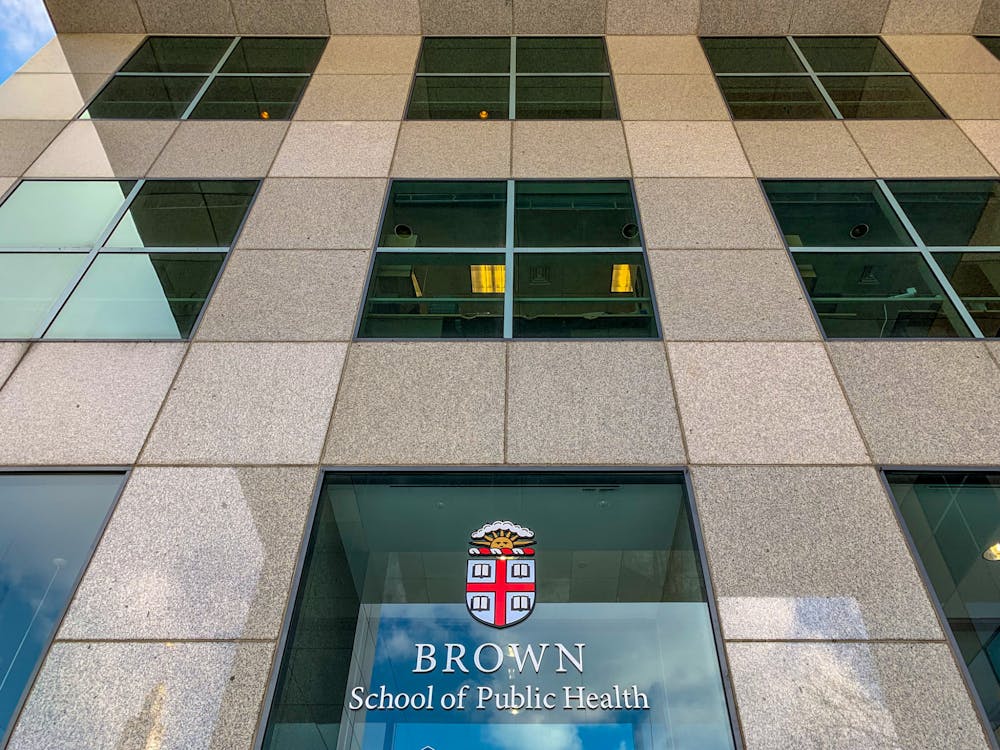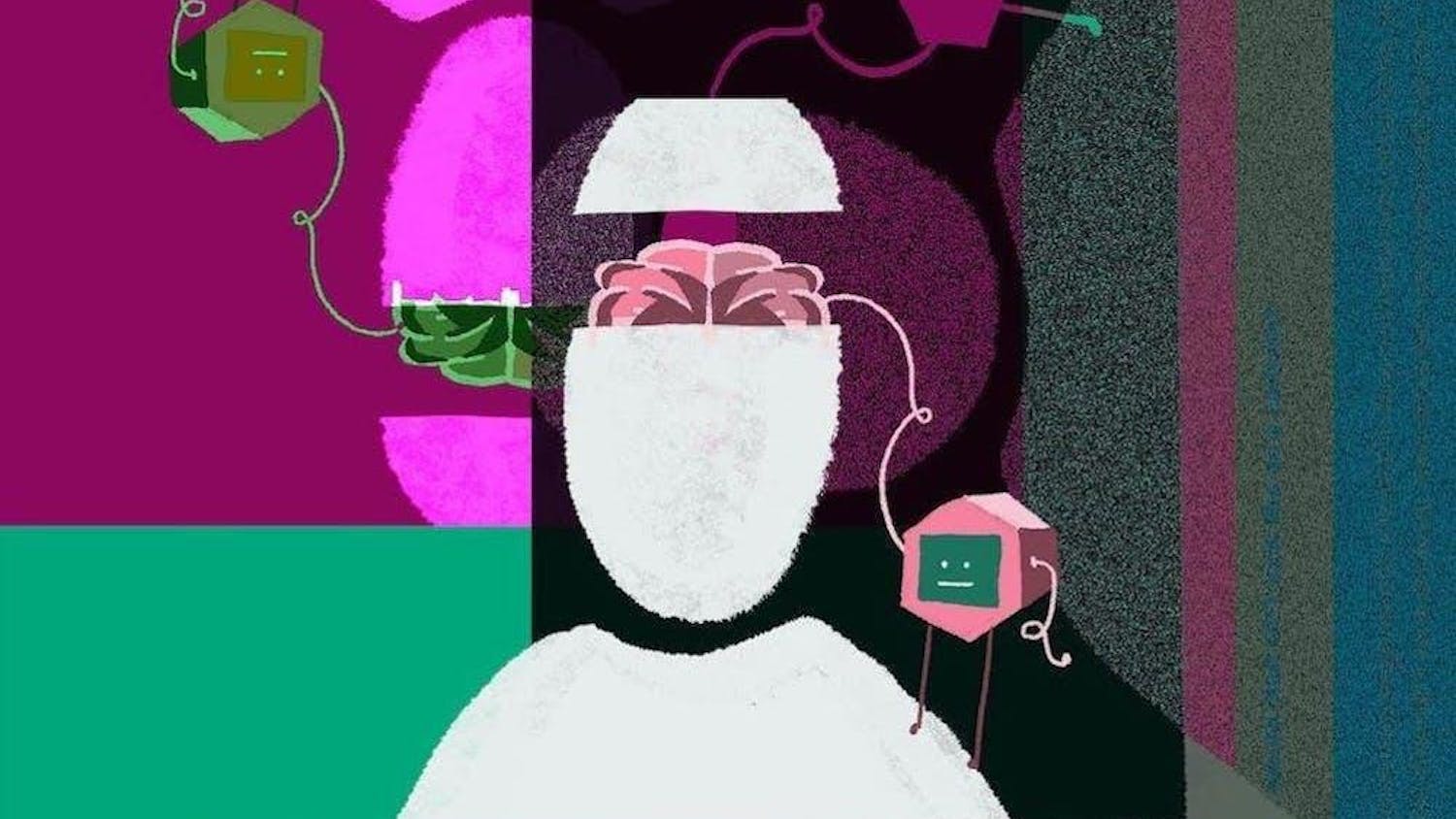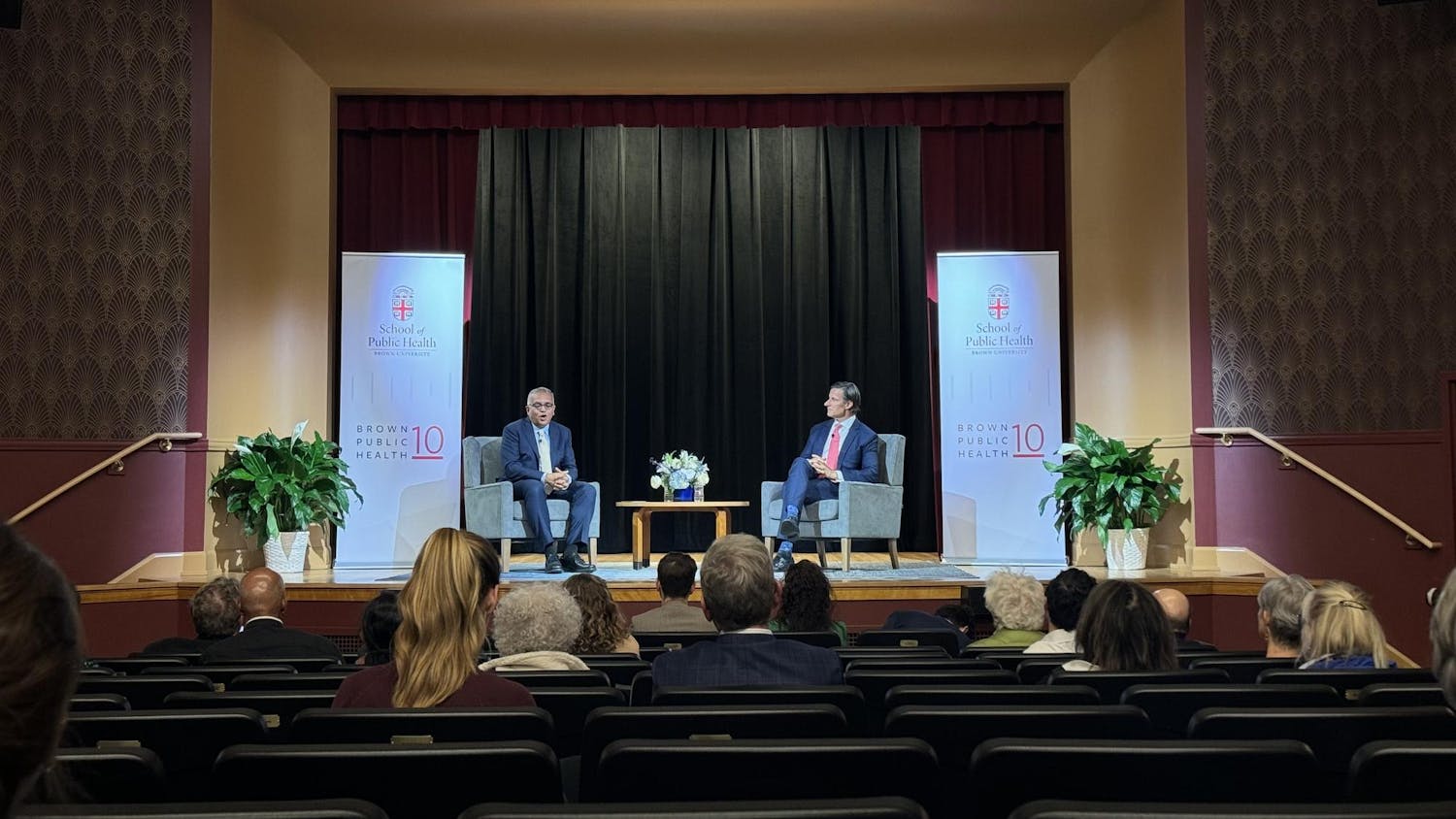Of the millions of people who have been infected with COVID-19 since the start of the pandemic, most have recovered within a few weeks, according to the Mayo Clinic. But some people continue to experience symptoms after they begin to test negative, a condition known as long COVID.
To better understand the impacts of this condition, a team of University researchers at the School of Public Health have launched the Long COVID initiative.
The initiative began this summer with the support of funding from the Hassenfeld Family Foundation. As the researchers build their team, they anticipate having preliminary findings in the next few months.
Dean of the School of Public Health Ashish Jha said that “people can have persistent symptoms for an extended period of time after recovering from the original (COVID-19) infection.” Jha, who is one of the leaders of the initiative, added that what is known about long COVID — a term that still has no clear clinical definition — is quite limited.
There are a wide range of long COVID symptoms that span from mild to very debilitating, according to Adjunct Assistant Professor of Epidemiology Laura Chambers, a co-director of the initiative. “Respiratory symptoms, fatigue, continued loss of taste and smell, memory loss, headache and gastrointestinal issues” are symptoms associated with long COVID, she added.
Current evidence suggests that around one in three people who recover from COVID-19 may develop long Covid, Chambers said. One focus of the initiative is to investigate how many people long COVID affects.
“Given the number of people who have been infected with (COVID-19) since the beginning of the pandemic, even a 2% prevalence would be an extraordinary number of people and a substantial public health burden,” Jason Maley, a pulmonologist at Harvard Medical School, wrote in an email to The Herald. Maley is also the director of the Beth Israel Deaconess Medical Center Critical Illness and COVID-19 Survivorship Program.
Current data on long COVID is largely descriptive and based on surveys or cohort studies, according to Maley, who is not part of the Long COVID initiative. “There is no diagnostic test for long COVID. The diagnosis is based on a clinical judgement,” Maley added.
Through the Long COVID initiative, the researchers hope to dive deeper into publicly available literature to synthesize existing evidence. They also plan to “gather new data through surveys” and medical records, Jha said.
Using this information, the team ultimately hopes to understand how widespread long COVID is, its implications for healthcare services and its impacts on the welfare of people more generally.
The researchers also want to understand the potential disproportionate impact of long COVID on people of different social and economic backgrounds, Chambers said. Just as the COVID-19 pandemic has disproportionately impacted communities of color, long COVID likely has disproportionate effects, Chambers added. “We need policies and programs that can meet the needs of all patients affected long-term by COVID-19.”
The researchers hope their findings will give guidance to policymakers and business leaders. “We want to look at things like how businesses can get workers back to work safely, and how governments should be planning on issues like disability payments and other policies to support those affected by COVID,” Jha said.
Long COVID has important personal implications for patients as well as societal implications, Maley wrote. “It’s very relevant and timely that Brown School of Public Health has developed a large collaborative effort” to address long COVID.

Jared is a Senior Staff Writer for Science and Research. He is a senior from Albuquerque, New Mexico studying physiology and biotechnology. Outside of The Herald he likes to fish, ride bikes and research the role of metals in human health and disease.





